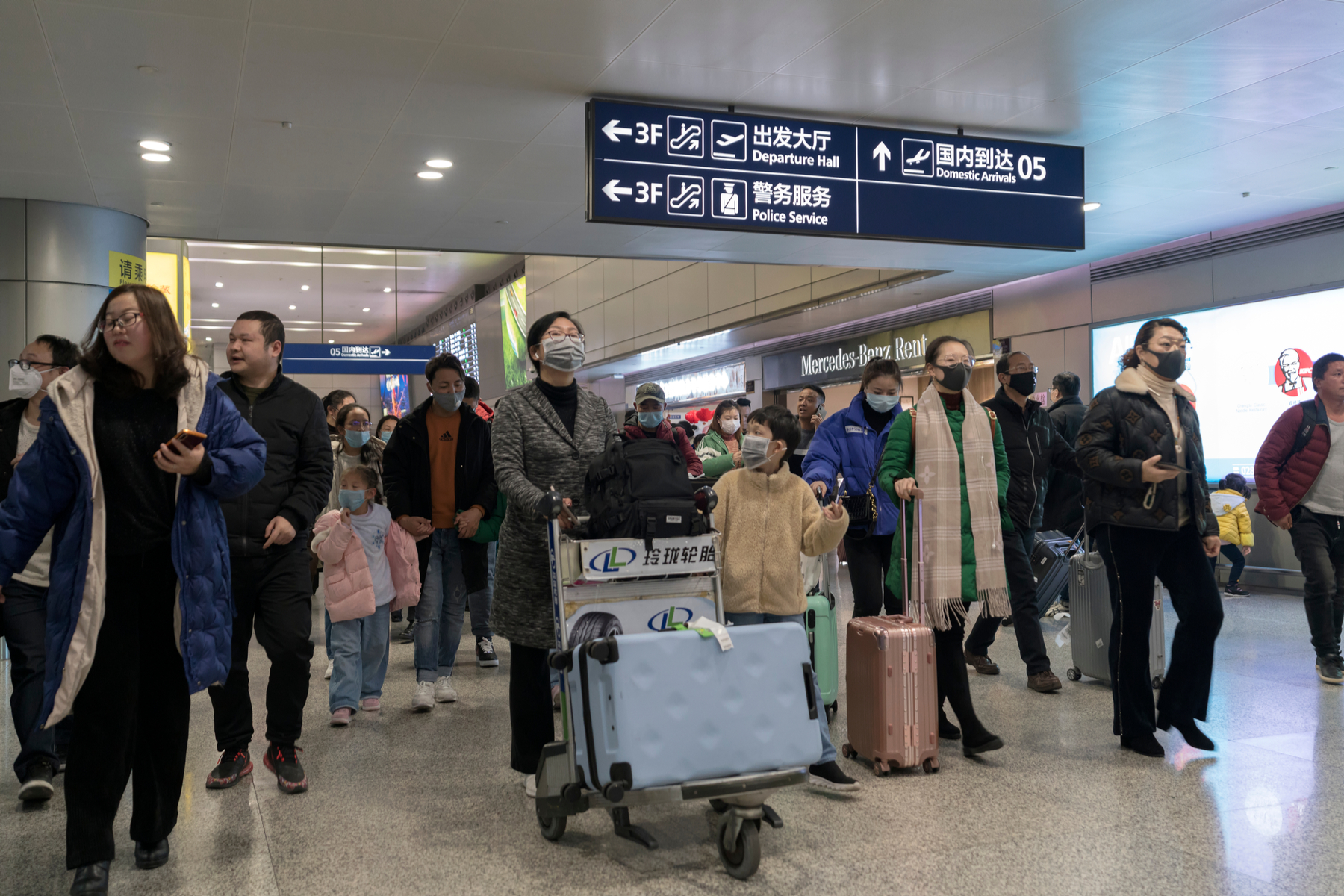
As the coronavirus outbreak reverberates through China, the Thai tourism sector has been badly hit. Thai hotels are preparing for another slump in bookings as the Chinese government’s ban on outbound group tours inconveniences independent travellers, a segment that makes up 60% of all Chinese visitors to Thailand.
Another collapse in travellers may come from the meetings, incentives, conferences and events (Mice) segment, which draws a large portion of revenue from overseas participants. In a meeting with the private sector today, the Tourism Authority of Thailand (TAT) is seeking to devise a plan for the domestic market. Some operators are urging the government to order all state agencies to spend their budget to conduct countrywide meetings so that attendees fill hotels and provide assistance to the hospitality sector.
Supawan Tanomkieatipume, president of the Thai Hotels Association (THA), said before the outbreak Thailand’s hotels averaged 50% occupancy. Of this, the share of Chinese guests was as high as 50% as the peak season for this market got under way.
“Share of Chinese guests as high as 50%.”
The Thai Travel Agents Association (TTAA) forecasts the outbound market to grow by 11.5 million bookings this year. Of the amount, there are 700,000-800,000 bookings for China expected.
To keep the Songkran market alive, outbound tour operators need to shift sales to European destinations as tourists tend to choose countries that are less impacted by the virus. Cheaper tour packages to Western countries as a result of the Baht’s strength provide greater options for Thai tourists. If the situation lingers until the beginning of the low season around the end of March, the overall tourism situation could deteriorate further.



 share
share







































